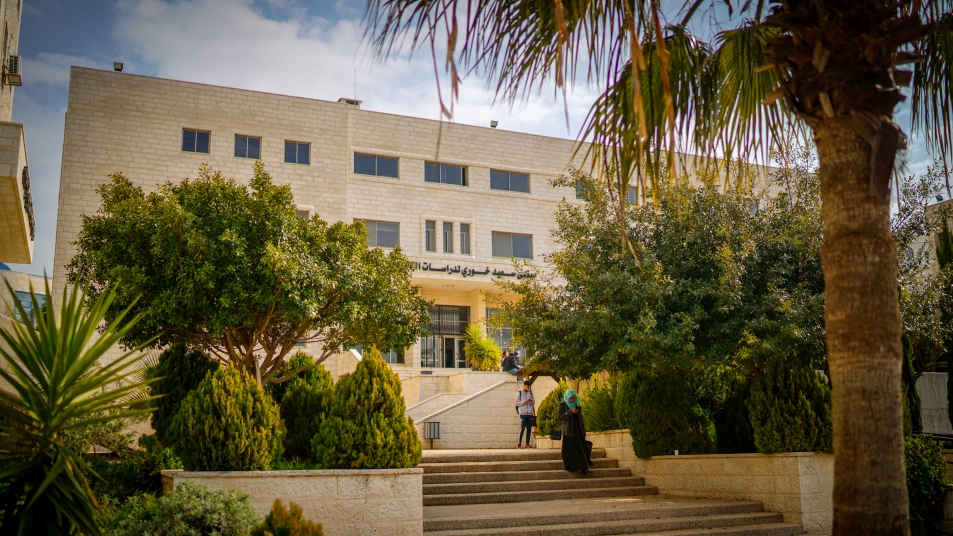Training program on critical research methodologies in social sciences
Birzeit University’s Center for Development Studies completed a training program entitled “Critical Research Methodologies in Social Science” that included ten interactive training program and targeted ten junior researchers and students in the social sciences.
Amal Nazzal, an assistant professor at Birzeit University’s Department of Business Administration, provided held the training. She discussed the meaning of critical research in social sciences, elaborated on its ontological and epistemological perspectives, and outlined how social science research produces and/or reproduces knowledge.
The participants engaged in discussing and defining how to conduct research critically. They reviewed various critical perspectives for conducting research in the social sciences, their methodologies, and tools and steps for entering and investigating a research topic. Numerous issues related to positionality, reflexivity, dominant narratives, structures of power, and political engagement were explored interactively during various sessions.
The event aimed to answer questions on how data can be read and analyzed critically and how qualitative data can be thematized and categorized.
The research training program was contextualized carefully to address how social science research could be conducted within the colonized context of occupied Palestine or other types of conflict, migration and wars.
Both Raed Eshnaiwer, a researcher at the Center for Development Studies, and Sbeih Sbeih, a professor of social sciences, were guest speakers during the program. Eshnawier delivered a lecture on how to conduct social science research on the topic of refugees and forced migration, and Sbeih discussed ways to engage in critical research while studying development and civil society.
During the various training program, the participants were able to discuss the research questions in which they are interested, the relevance of a literature review, and suitable methods of theorization to better understand social science phenomena. They also could pose any question they have in mind.
The program introduced as well a new research methodology called “digital ethnography” (netnography) that explores collecting, analyzing, and understanding social media content and their online discourses. The participants applied digital ethnography on various social media platforms such as Facebook.
The workshop ended up with a discussion of research-related ethical principles and concerns. Participants also engaged in a vivid discussion of their research proposals on topics such as the Palestinian political prisoners’ experience after release, the Israeli checkpoints and their control of Palestinian movement in the public sphere, ongoing Israeli normalization efforts and related Palestinian content in social media, the feminization of agriculture, social and political movements in occupied Palestine, the effect of architecture in Palestinian camps on refugees, and more.
This training workshop was organized by KnowWar, a research project funded by the Austrian Development Agency. For more information, please visit www.know-war.net.







